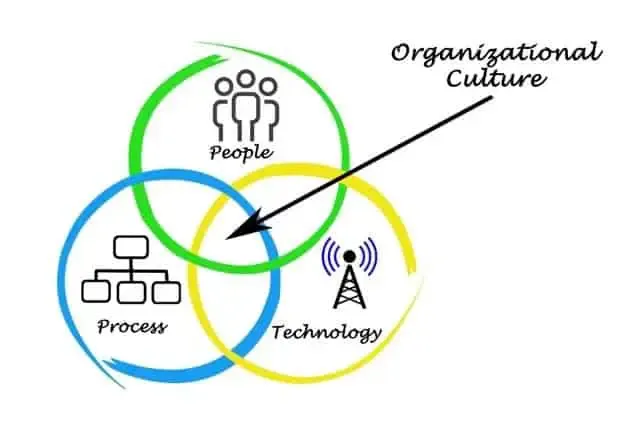Although there is a diversity of theoretical propositions that define organizational culture, in this article we will focus on examining the emergence of the analysis of the term "culture" from the paradigmatic perspectives known as the functionalist current.
Functionalism is a current in the social sciences that emerged from numerous studies in Europe in the mid-1930s, especially in sociology and social anthropology.
In this sense, when considering the functionalist approach, it is stated that organizations acquire their cultural characteristics from the social aspect, therefore, companies are a set of internal and external variables that are socially functional.

From the functionalist perspective, the interpretative approach to the origins of the concept of organizational culture and its analysis according to theoretical contributions, culture is generated through the adjustment of internal relationships and the ways that shapes for the persistence of external variables, arising from the different environments of the diversity of organizational praxis give rise to socio-cultural contexts.
Some functionalist authors draw an analogy between functionalism and the human body, arguing that just as in the human body in society each part or each institution has a specific function (or functions) and the different parts of society are inter-dependent. For example, education is connected in various ways with economic, family, political and religious institutions.

Organizations are socially functional to the extent that individuals adapt and interact with their work and cultural environment, and through this process, are able to identify with organizational principles and values.